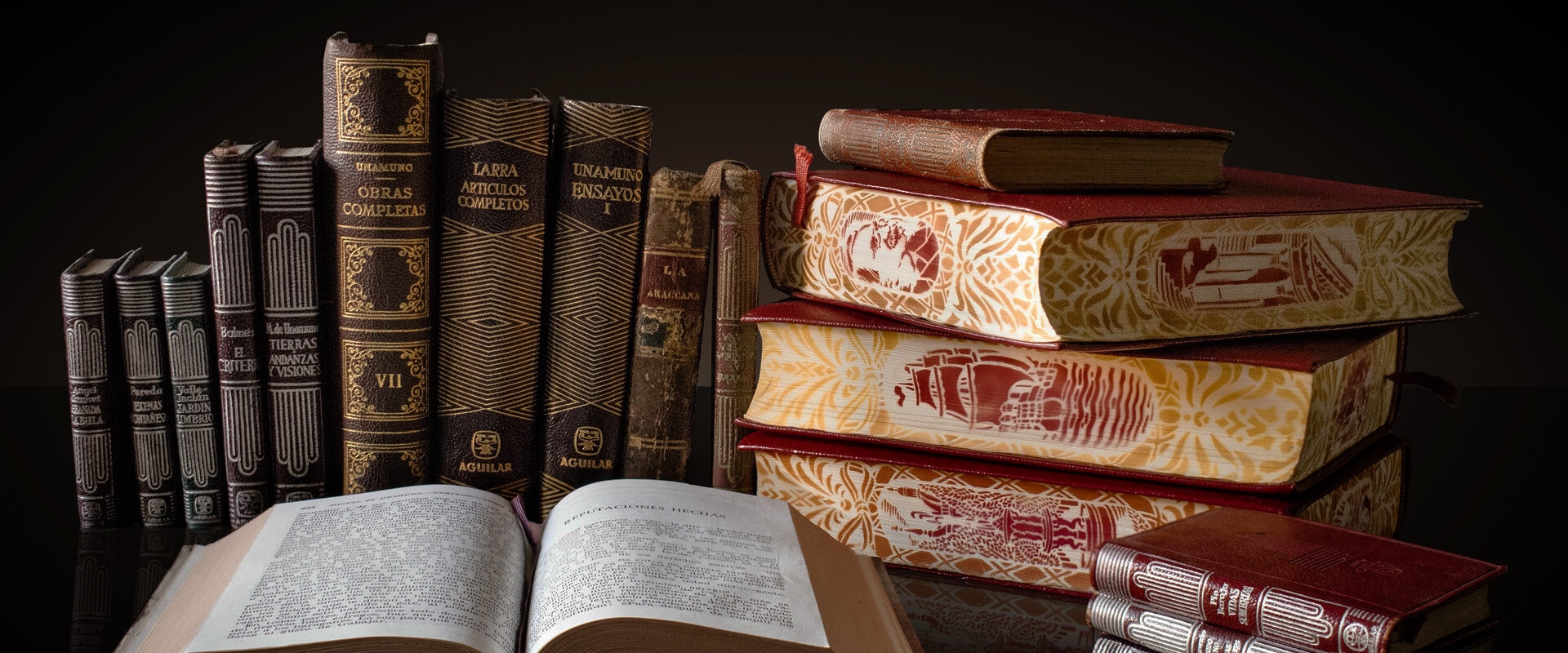- What is Proper Estate Planning?
- Proper estate planning allows you to plan for yourself and your loved ones without giving up control of your own affairs. A good estate plan should include provisions for the possibility of a disability due to accident, illness, or the effects of aging.
Proper Estate Planning allows you to retain control of your property while meeting your unique and individual goals and objectives.
Proper estate planning means that your property will be given to whom you want, the way you want, and when you want. Your estate plan should be designed to save every dollar of taxes that is legally possible, and avoid professional fees and costs whenever possible.
Our Definition of Proper Estate Planning:
- Give what I have
- To whom I want
- The way I want
- And when I want
- Avoid Taxes and Fees
- Why do I need Proper Estate Planning?
- Believe it or not, you have already done some estate planning. If you have ever purchased real estate, titled a vehicle, or named a beneficiary on an annuity, life insurance policy or retirement account, you have done estate planning. If you have placed the name of a child with yours on a CD or bank account, you have done estate planning. Obviously, if you have signed a Last Will and Testament, you have done estate planning.
- You have made decisions about property, but is it Proper Estate Planning?
- Sometimes all of these different types of estate planning do not work together. Maybe the arrangements you have made do not achieve your goals and objectives, or need to be updated. Sometimes the choices we make can inadvertently cost our loved ones unnecessary taxes or professional fees at the time of our disability or death.
If you wish to retain control of your own affairs, and name the right person to assist you or succeed you when the time comes, you need to do proper estate planning. If you want to be confident that your wishes will be carried out, and your loved ones receive all of the benefit of your hard work and success, you need to do proper estate planning.
You need to do Proper Estate Planning if you want to :
- Retain control of your own affairs
- Determine who will be in control in the future (and who will not)
- Plan for possible disability
- Distribute what you have, to whom you want, the way you want, and when you want
- Save tax dollars and professional fees
- How Do I Begin?
- Proper estate planning requires knowledge, skill, experience, training, expertise and effort. The first step is to team up with qualified professionals dedicated to helping you plan for yourself and your loved ones.
Is your estate plan current?
Is it proper?
Contact us for help.
Plans fail for lack of counsel, but with many advisors they succeed. Proverbs 15:22
